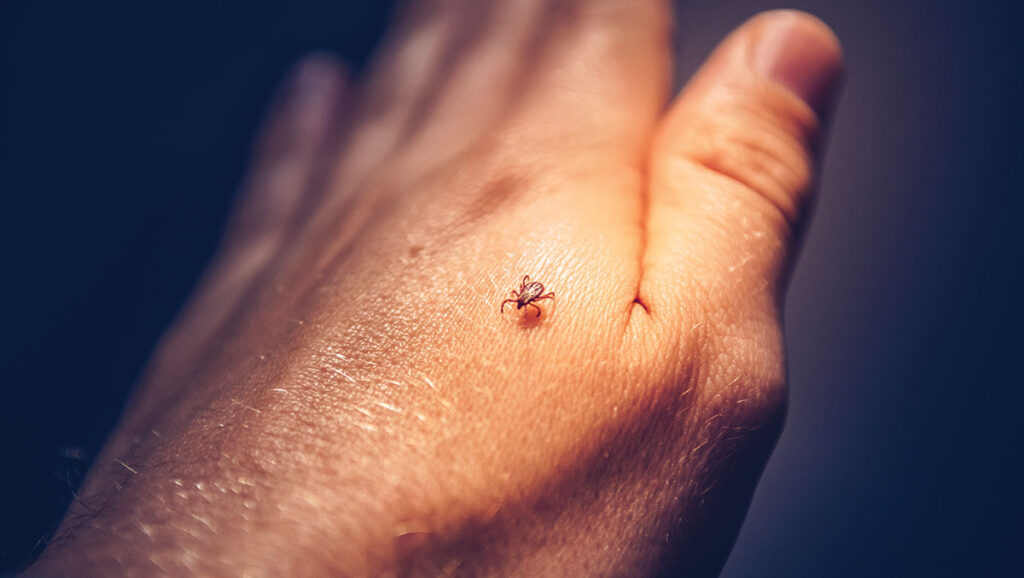
Tick bites can cause a life-threatening food allergy
Imagine grilling steaks for dinner and suffering from hives by bedtime.
Ticks are already thick this year, and health experts want you to know more about a potentially life-threatening food allergy called alpha-gal syndrome that can be caused from a tick bite.
According to the American Academy of Allergy Asthma & Immunology, Lone Star ticks can cause a person to have an allergic reaction to a carbohydrate molecule called galactose-alpha-1, 3 galactose. An easy way to say that is that the tick bite can cause an allergy to red meat such as beef, pork, lamb, venison and rabbit.
Anyone bitten by the tick, especially multiple times, becomes “sensitized” where the immune system produces antibodies against alpha-gal, so allergic reactions can occur not only when re-exposed to mammalian meat, but also future bites.
Symptoms can range from mild to severe reactions from an itchy rash or hives to difficulty breathing and swelling of the lips or tongue that can require immediate emergency care.
Unlike other reactions from typical food allergies, like peanuts or shellfish, which occur within minutes, alpha-gal allergy is delayed within three to eight hours after an exposure, according to the Centers for Disease Control.
CoxHealth nurse Jana Watkins lives on a farm and knows a thing or two about how much of a nuisance ticks can be – she’s even suffered from tick illnesses herself. She says since there is no cure for alpha-gal allergies, prevention is key.
“Use a good spray before outdoor activities,” she says. “And if you are bitten, use clean, fine-tipped tweezers to grab the tick as close to your skin’s surface as possible. Pull upward with steady and even pressure.”
Watkins said a common mistake people make when removing ticks is twisting them off your skin.
“That can leave part of the tick embedded in your skin,” she explains. “You want to get that entire sucker out of there!”
She also says don’t forget to clean the bite area and wash your hands with either rubbing alcohol or soap and water. Other prevention strategies include wearing long sleeves and pants when camping or hiking. Watkins reminds you to always check for ticks when you return from an outdoor activity.
“Immediately wash all of the clothes you were wearing in hot water,” she says. “Check your hair, your scalp and have someone help look on your back and other hard to see areas. I want you to have a very fun – but safe – spring and summer. Nothing can ruin that fun like a tiny little tick.”






